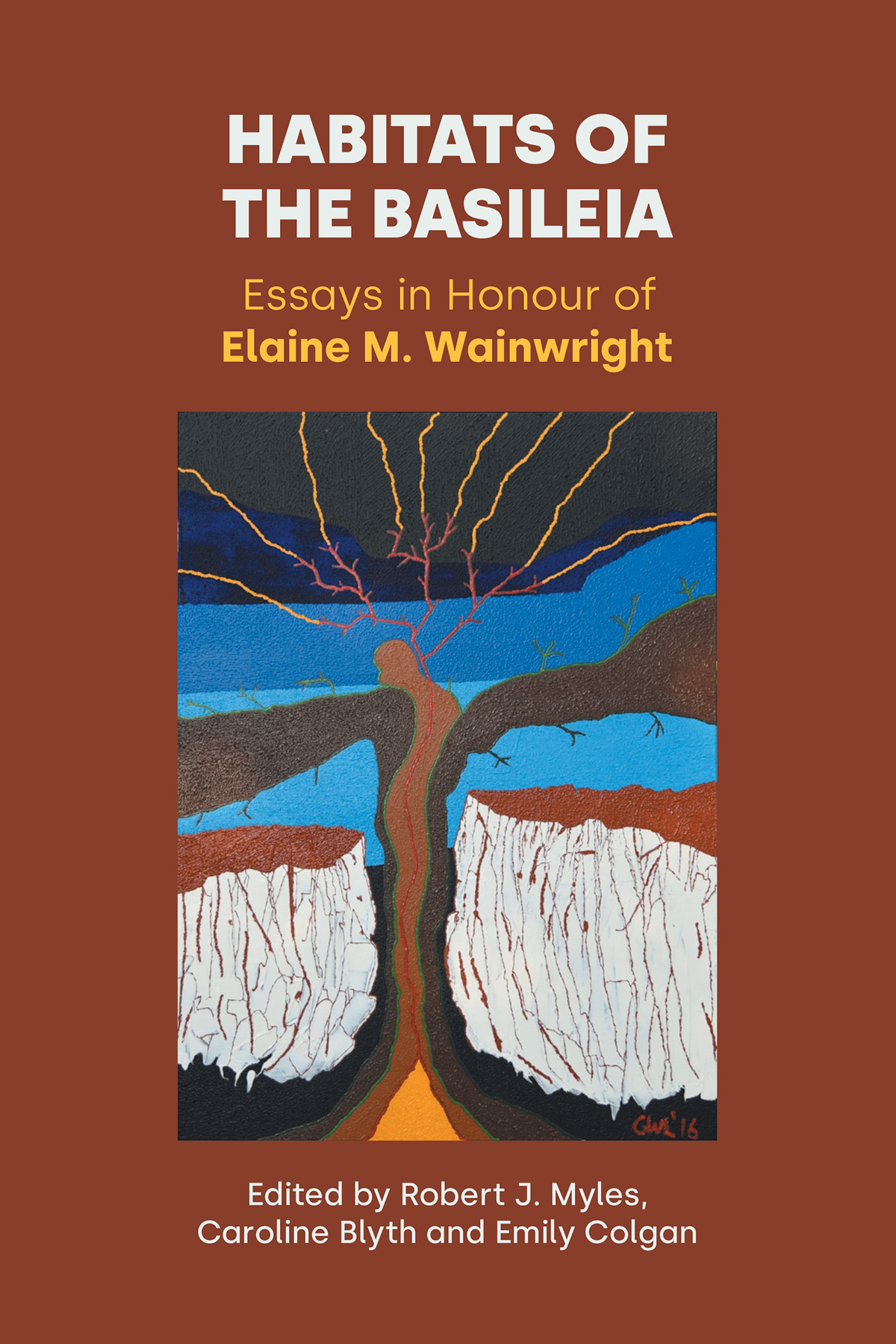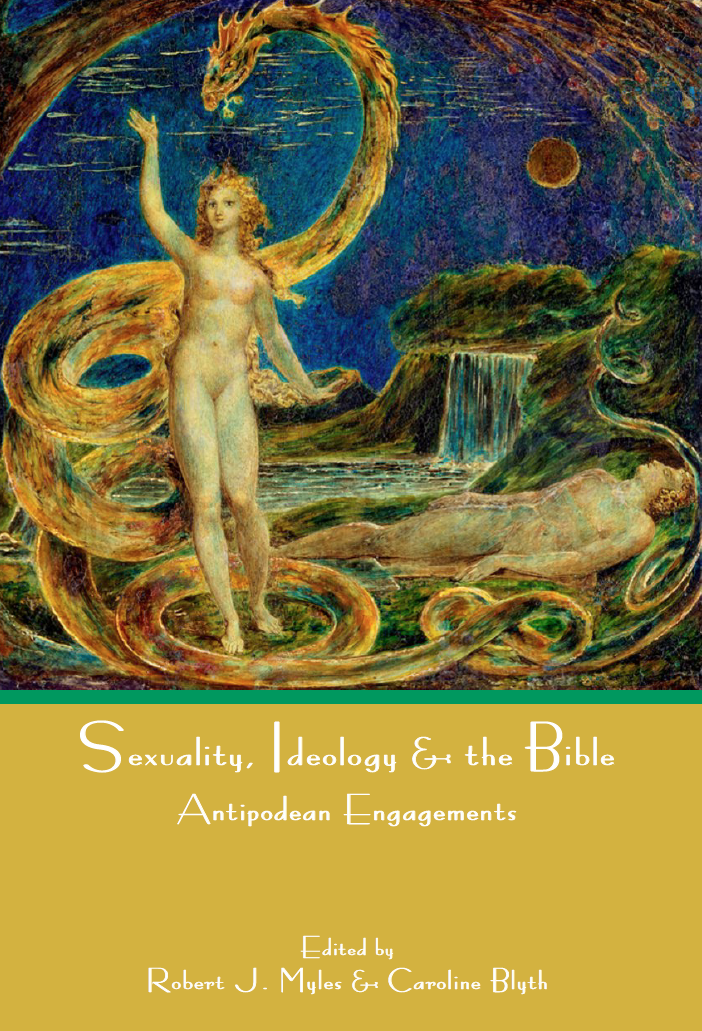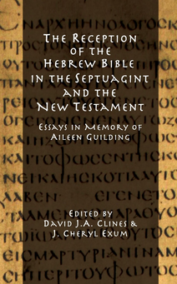Habitats of the Basileia: Essays in Honour of Elaine M. Wainwright
Published: Jan 2024
£65.00
Habitats of the Basileia brings together some of the current and important work in biblical studies and theology, which takes seriously the demands and possibilities of applying contextual, feminist, decolonial, and ecological approaches to the critical study of the Bible and religion. The volume is inspired by the engaging work of Elaine M. Wainwright RSM; and invites us to imagine what thriving conditions and communities of the human and more-than-human might look like across multiple contexts.
- What did it mean for those living in biblical times, or for the early Jesus movement who proclaimed an alternative basileia or kingdom against the backdrop of Roman imperial power?
- What does it mean for various communities today, as we seek to understand and re-imagine what thriving conditions might look like in our own complex and often rapidly changing environments?
Written by a diverse range of biblical, theological, and religious studies scholars, the chapters in this volume collectively argue for and demonstrate the importance of context and being attuned to social location in the production of biblical and theological scholarship.
The essays are divided into three categories: the first seven chapters deal with the Gospel of Matthew, given the importance of this book to Elaine’s work. The next nine chapters explore biblical texts beyond Matthew through various lenses including those of gender, colonialism, the environment, animal studies, contextual hermeneutics, and class. The final three chapters are concerned with the legacies of both Elaine’s lifework and the broader avenues in current biblical research that have been nurtured and influenced through her efforts.
Habitats of the Basileia: Essays in Honour of Elaine M. Wainwright
£65.00
Habitats of the Basileia brings together some of the current and important work in biblical studies and theology, which takes seriously the demands and possibilities of applying contextual, feminist, decolonial, and ecological approaches to the critical study of the Bible and religion. The volume is inspired by the engaging work of Elaine M. Wainwright RSM; and invites us to imagine what thriving conditions and communities of the human and more-than-human might look like across multiple contexts.
- What did it mean for those living in biblical times, or for the early Jesus movement who proclaimed an alternative basileia or kingdom against the backdrop of Roman imperial power?
- What does it mean for various communities today, as we seek to understand and re-imagine what thriving conditions might look like in our own complex and often rapidly changing environments?
Written by a diverse range of biblical, theological, and religious studies scholars, the chapters in this volume collectively argue for and demonstrate the importance of context and being attuned to social location in the production of biblical and theological scholarship.
The essays are divided into three categories: the first seven chapters deal with the Gospel of Matthew, given the importance of this book to Elaine’s work. The next nine chapters explore biblical texts beyond Matthew through various lenses including those of gender, colonialism, the environment, animal studies, contextual hermeneutics, and class. The final three chapters are concerned with the legacies of both Elaine’s lifework and the broader avenues in current biblical research that have been nurtured and influenced through her efforts.
Sexuality, Ideology and the Bible: Antipodean Engagements
Published: Sep 2015
£60.00
What happens when explorations of sexuality, gender and the Bible go down under? This fascinating collection of essays, written by scholars located in the Antipodes, traverses the highly contested landscapes of sexuality, gender and biblical studies, revealing a myriad of sexual discourses voiced within both the biblical texts and their interpretative traditions. Recognizing that textual meaning is always shaped by the cultural and contextual baggage the reader brings to the interpretative task, contributors raise provocative questions about the meanings, identities and ideologies that surround biblical discourses of sexuality and gender, exploring how these have been and can be reshaped and reconceived.
Deane Galbraith examines the theological reflections of Augustine and Paul on Adam's 'perfect penis' in Eden while Roland Boer explores the earthy biblical vocabulary used to depict female genitalia. Christina Petterson, meanwhile, examines the Moravian Brethren's celebration of a Christ who bore on his body male and female genitalia. Travelling beyond the sexualized human body, Emily Colgan considers the problematic language of gender violence against the land that is voiced in Jeremiah. Elaine Wainwright blurs and queers the binary categories of human and non-human in the Sermon on the Mount. Yael Klangwisan continues this blurring of boundaries through her creative reading of Song of Songs.
Moving from the gendered body to the gendered voice, Alan Cadwallader probes Paul's rhetorical gender-bending in his 'masculinized' oral culture. Caroline Blyth and Teguh Wijaya Mulya empower Delilah to vocalize her queer potential in both the biblical narrative and popular culture. Gillian Townsley adds her own Kiwi voice to explore queer possibilities in Philippians 4.2-3 in the light of New Zealand's same-sex marriage legislation. The volume concludes with a queer reconsideration of the Antipodes themselves from the perspective of a northern-hemisphere biblical scholar, Hugh Pyper.
This compelling collection will make a substantive contribution to the bookshelves of scholars and interested readers in such areas as biblical studies, religion and gender-queer studies.
Sexuality, Ideology and the Bible: Antipodean Engagements
£60.00
What happens when explorations of sexuality, gender and the Bible go down under? This fascinating collection of essays, written by scholars located in the Antipodes, traverses the highly contested landscapes of sexuality, gender and biblical studies, revealing a myriad of sexual discourses voiced within both the biblical texts and their interpretative traditions. Recognizing that textual meaning is always shaped by the cultural and contextual baggage the reader brings to the interpretative task, contributors raise provocative questions about the meanings, identities and ideologies that surround biblical discourses of sexuality and gender, exploring how these have been and can be reshaped and reconceived.
Deane Galbraith examines the theological reflections of Augustine and Paul on Adam's 'perfect penis' in Eden while Roland Boer explores the earthy biblical vocabulary used to depict female genitalia. Christina Petterson, meanwhile, examines the Moravian Brethren's celebration of a Christ who bore on his body male and female genitalia. Travelling beyond the sexualized human body, Emily Colgan considers the problematic language of gender violence against the land that is voiced in Jeremiah. Elaine Wainwright blurs and queers the binary categories of human and non-human in the Sermon on the Mount. Yael Klangwisan continues this blurring of boundaries through her creative reading of Song of Songs.
Moving from the gendered body to the gendered voice, Alan Cadwallader probes Paul's rhetorical gender-bending in his 'masculinized' oral culture. Caroline Blyth and Teguh Wijaya Mulya empower Delilah to vocalize her queer potential in both the biblical narrative and popular culture. Gillian Townsley adds her own Kiwi voice to explore queer possibilities in Philippians 4.2-3 in the light of New Zealand's same-sex marriage legislation. The volume concludes with a queer reconsideration of the Antipodes themselves from the perspective of a northern-hemisphere biblical scholar, Hugh Pyper.
This compelling collection will make a substantive contribution to the bookshelves of scholars and interested readers in such areas as biblical studies, religion and gender-queer studies.















